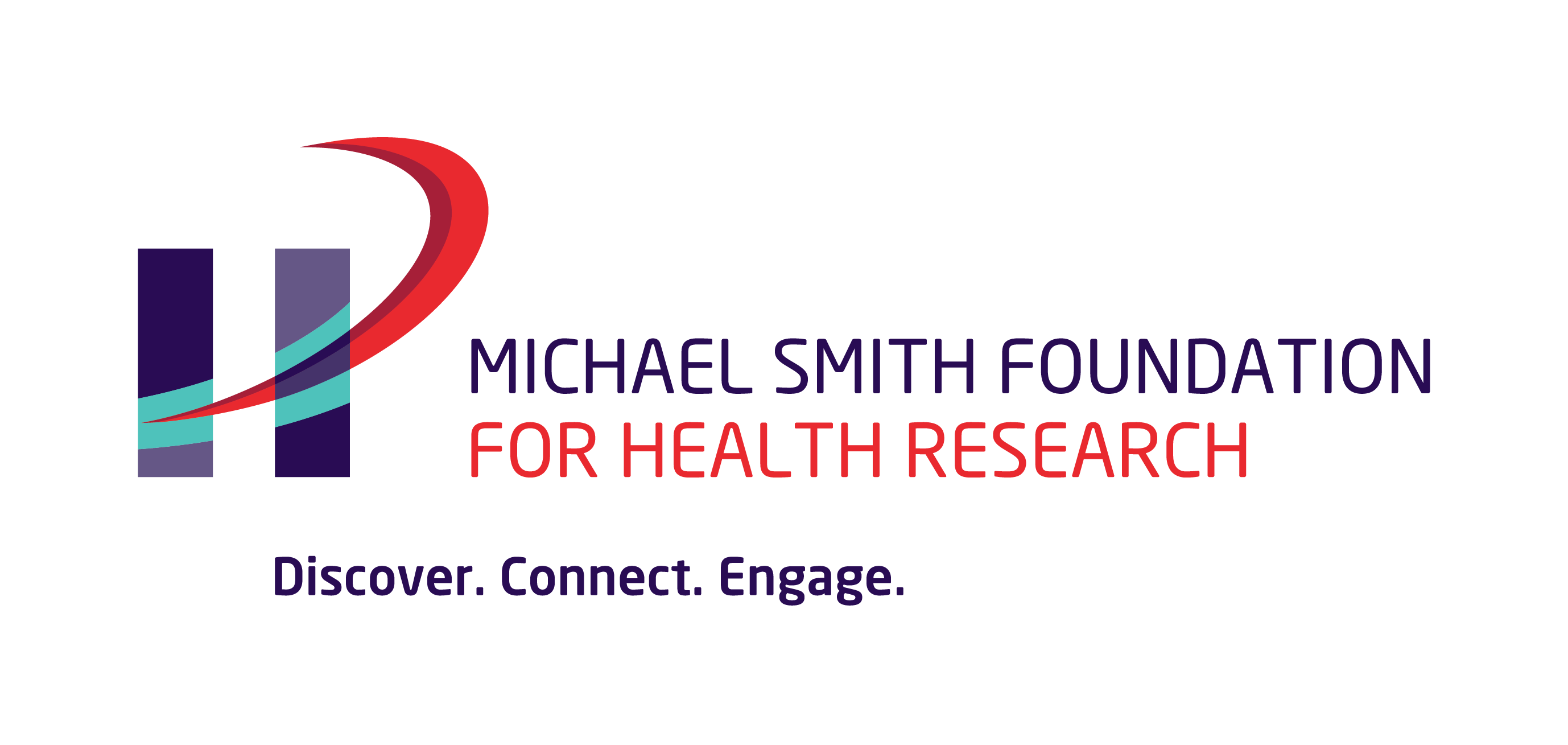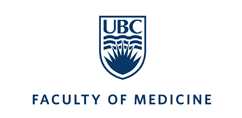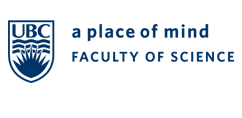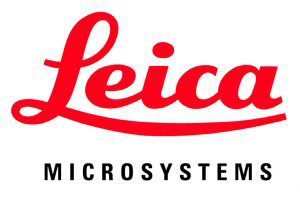Recently diagnosed with diabetes? Did H1N1 take you by surprise? Worried about bacteria in the food you eat? If you attended Life Sciences Institute’s (LSI) Café Scientifiques in 2010, you would have learned about new treatments for diabetes, preparations for future pandemics, how to minimize food contamination and more.
LSI is a research institute based at the University of British Columbia (UBC). Their goals include generating and sustaining innovative, interdisciplinary research dedicated to discovering fundamental biological processes of life; advancing our understanding of disease processes; and developing potential therapeutics. The Michael Smith Foundation for Health Research (MSFHR) is proud to co-sponsor LSI’s newest endeavour — the Café Scientifique program.
The Café Scientifique concept — informal gatherings where scientists talk in lay terms about a wide range of science topics, and where questions from the audience spark discussions — is popular in health research. According to LSI’s Director Dr. Christian Naus, this is the perfect time to introduce a café program within the UBC community.
“The public now, more than ever, wants to know about the impact of biological and medical research on their lives. The Café Scientifique provides an ideal forum for scientists to present the impact of their research in a format that allows for open dialogue with the public,” he says. “Our prime location [in Café Perugia, on the UBC campus] is also a great way to reach out to the local community living in the vicinity of the university.”
While café topics are often easily understood by research-oriented attendees, many of the audience members don’t have a science background. What makes the LSI cafés enjoyable, according to Naus, is the speakers’ humour, which helps engage a lay audience. Most café sessions in 2010 saw over 50 attendees, including students, faculty and community members of all ages. At a session on antibiotic resistance, a 10-year old boy raised his hand when the presenter asked the audience about the timing of the most bacterial food poisoning. “In the summer!” he said, citing summer picnics and less refrigeration of food.
Other LSI Café Scientifique topics covered in 2010, equally engaging for a wide-ranging audience, were Diabetes: Causes, consequences and cures; Inside the fight against the flu pandemic; Electrical signaling in the heart and body: Understanding cardiac disease; and Fingerprinting cancer for personalized medicine.
LSI is gearing up for their 2011 café series, which promises to be equally exciting. Sessions are typically held every other month and begin March 29 with a café on Memories in your genes; this is followed by one in May on E-natomy. Future topics include streamlining drug development, innovations in safe blood products and blood substitutes, and brain development. Exact dates and session topics are available soon on the LSI website. Sponsoring partners for 2011 are MSFHR, and UBC’s Faculties of Medicine and Science.








